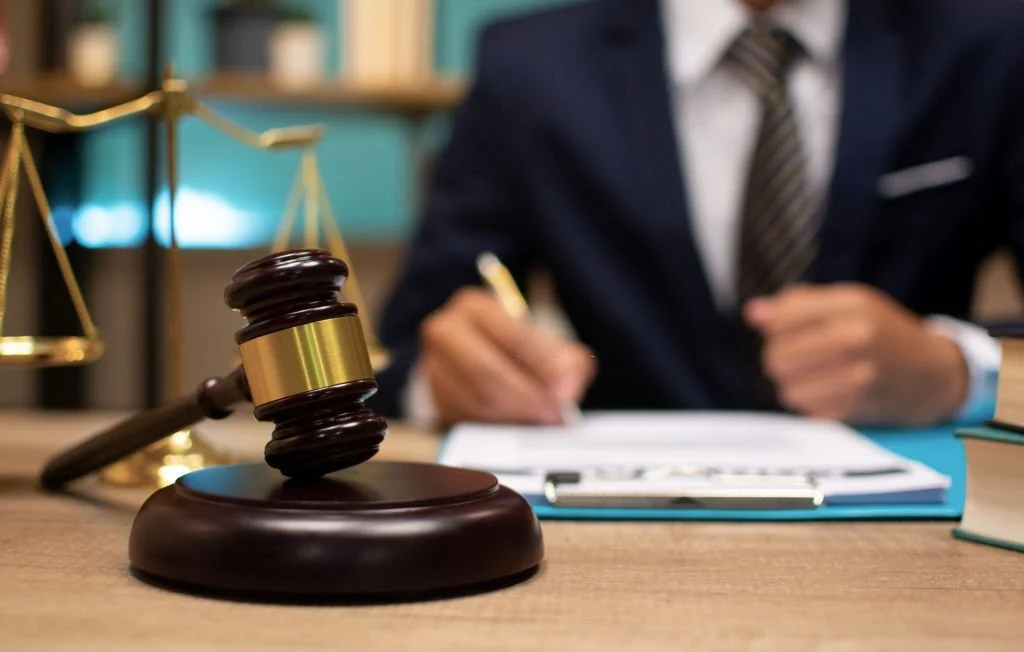
Legal matters can often seem daunting and complex, especially for those unfamiliar with the intricacies of the law. However, having a basic understanding of certain legal principles can be incredibly beneficial in navigating everyday situations. Whether you’re dealing with a contract, understanding your rights as a consumer, or managing a dispute, being informed can make a significant difference. Here are some practical legal tips to help you handle common issues effectively.
Contracts are a fundamental part of many transactions, from renting an apartment to hiring a service. It’s crucial to read and understand all terms and conditions before signing any agreement. Key points to check include:
If something is unclear, don’t hesitate to ask for clarification or seek legal advice. Remember, a contract is legally binding, and misunderstanding the terms can lead to significant consequences.
As a consumer, you have certain rights that protect you from unfair practices. These rights vary by jurisdiction but generally include:
If you believe your rights have been violated, contact the business directly to resolve the issue. If necessary, escalate the matter to a consumer protection agency or seek legal counsel.
Disputes can arise in various aspects of life, from workplace conflicts to neighbor disagreements. When a dispute occurs, it’s best to address it calmly and constructively:
If the dispute cannot be resolved amicably, consider mediation or arbitration before resorting to legal action. These methods can be quicker and less costly than going to court.
While basic knowledge of legal principles is helpful, there are times when professional advice is necessary. Complex issues such as property disputes, family law matters, or criminal charges require the expertise of a qualified attorney. A lawyer can provide guidance, represent your interests, and help you navigate the legal system.
The legal landscape is constantly evolving, and staying informed about changes in laws and regulations is important. Follow reputable legal blogs, attend seminars, and consult with legal professionals to keep your knowledge up to date. Being proactive in understanding your legal rights and responsibilities can prevent issues from arising and ensure that you are prepared to handle any legal challenges that come your way.
In conclusion, practical legal advice can empower you to make informed decisions and protect your rights in everyday situations. Whether it’s understanding contracts, knowing your consumer rights, or resolving disputes, a basic knowledge of the law can be a valuable asset. When in doubt, don’t hesitate to seek professional legal counsel to ensure your interests are safeguarded.
Disclaimer: No attorney-client relationship is created and nothing herein should be considered legal advice. This website is for informational purposes only. To the extent it constitutes attorney advertising, past results do not guarantee a similar outcome.